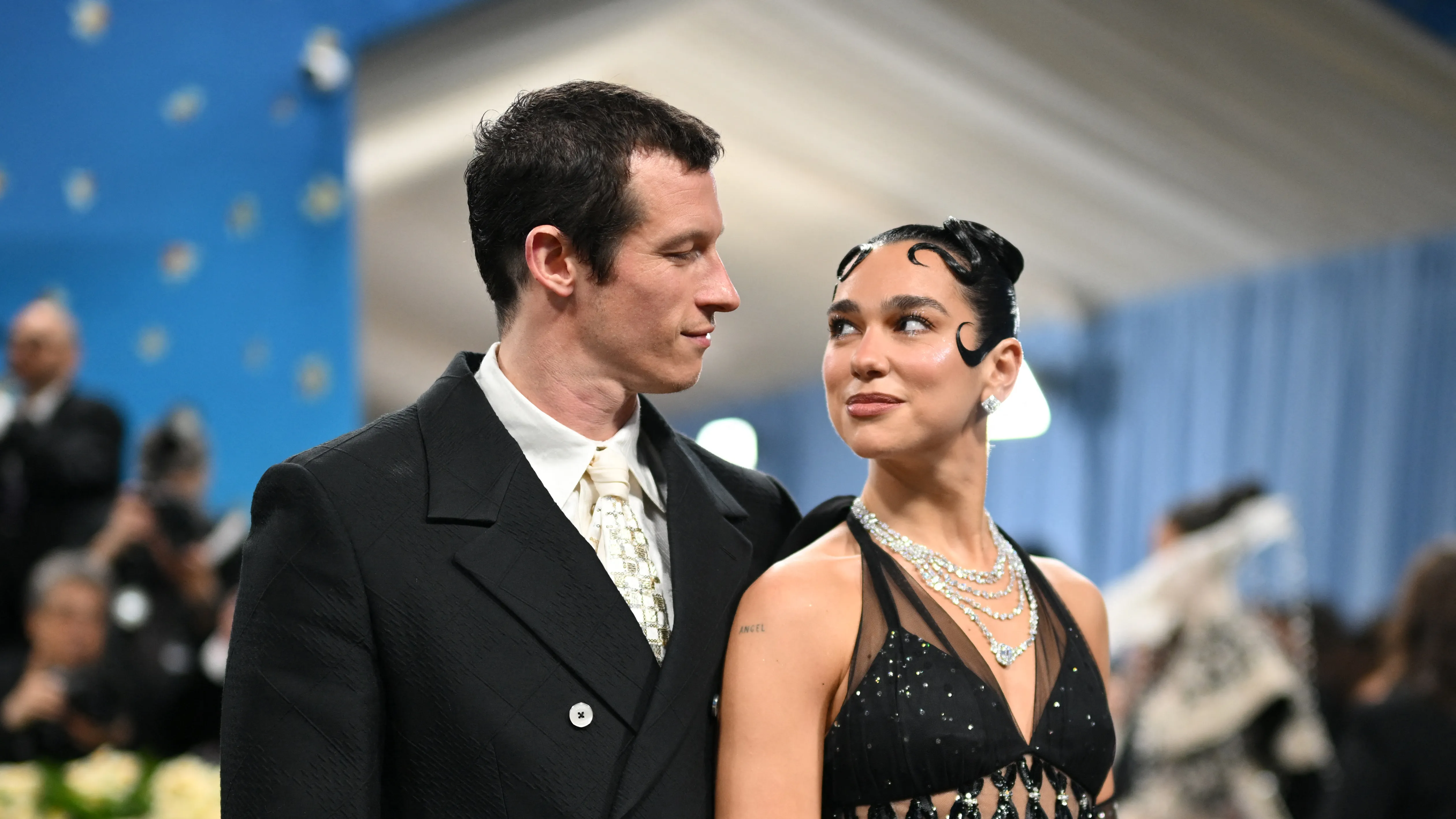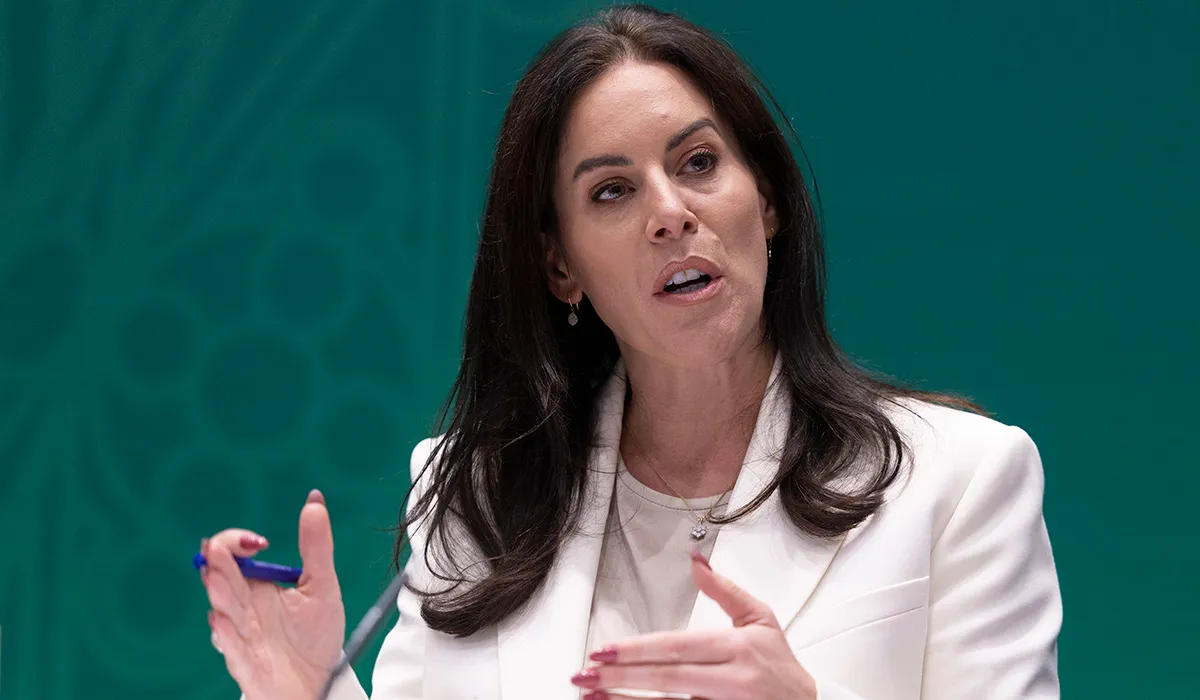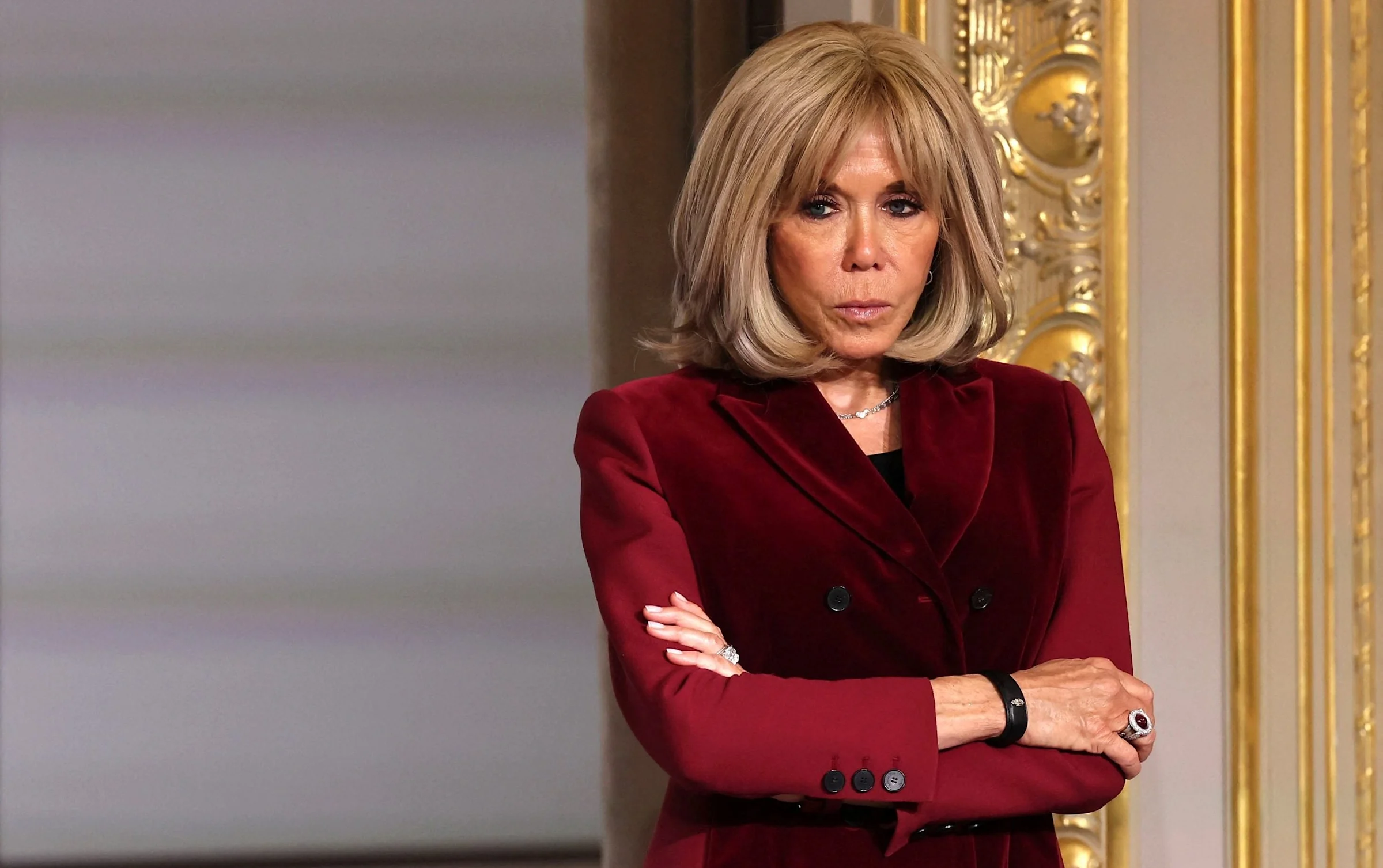Copyright vogue

For something that happens mostly alone and in silence, reading—and more specifically, book compatibility—can be surprisingly intimate. Our favourite books reveal our interests, inspire the way we think, and offer storylines and fantasies we secretly relate to—which is why when you meet someone who shares your literary taste, it can feel less like a coincidence and more like a fated signal: Perhaps that your minds—and your hearts—are aligned. Maybe that’s why reading, once a solitary, “nerdy” hobby, has become one of the most social, romantic, and aspirational acts to be caught doing—on the subway, in the park, or during a walk around town. In recent years, book clubs have become social hubs for like-minded people to engage in intellectual, sometimes flirty, conversations. (There are countless celebrity-hosted ones to participate in, which says something in and of itself.) Even the rise of the hot “performative reader”—a person deliberately seen with a well-chosen title—speaks to how literary taste has become a signal of wit, desirability, and even sex appeal. At its core, the connection reading sparks is deeply personal. “The way a book impacts you may be completely different from the way it impacts someone else,” Maura Cheeks, author and founder of Liz’s Book Bar, a social book bar in New York City, tells SELF. “Which is why when two people love the same novel, they’re both acknowledging that they’re connecting over something more personal and profound that happened in their psyche.” Of course, this is what brought superstar Dua Lipa and actor Callum Turner together, as news of their sweet, serendipitous meet-cute has been making the rounds on the internet. “[We] realized we were reading the same book,” Turner told The Sunday Times. “It’s called Trust [by Hernán Díaz] and I had just finished the first chapter and I told her and she looked at me and said, ‘I just finished the first chapter too.’ I said, ‘So we’re on the same page.’” Is a shared taste in reading just a quirky conversation starter? Or can it be a sign of deeper romantic compatibility? Experts, including book bar owners and a couples therapist, tell SELF it actually might be the latter. Here’s how. It signals emotional and intellectual depth “How someone engages with a book can reveal how they process life,” Annalyse Lucero, LMFT, a licensed therapist based in New Mexico, tells SELF. Maybe you both cried over the same heartbreaking plot twist, laughed at an author’s dry humor, or saw yourselves in a character’s complicated mental health struggle. Beyond mere coincidences, these shared reactions can be little windows into how someone thinks critically, feels, and relates to the world. Discussing them, Lucero says, “can become a mindful, bonding ritual—a moment where partners can make sense of the world and themselves together through thoughtful, vulnerable conversation.” It subtly reveals personality and values In a way, literary taste isn’t just a matter of preference. “It can be a great indicator of the kind of person you are,” AJ Jacono, writer and owner of Bibliotheque, a bookstore, café, and wine bar in New York City, tells SELF. A fiction lover, for example, might have a more whimsical imagination, while a nonfiction devotee may lean analytical and introspective. People who always gravitate toward romance novels might lead with empathy and hope, Jacono points out, while sci-fi readers may be drawn to curiosity, logic, and big-picture thinking. Essentially, the genre someone gravitates towards can quietly reveal personality traits like our humors, values, and emotional wiring—the kind of clues that aren’t always captured in a dating app profile. It encourages meaningful, stimulating conversation Naturally, books invite more than surface-level small talk. Interpreting ambiguous endings, debating character motivations, or even disagreeing on the author’s message all require you to articulate your thoughts and feelings while listening to someone else’s perspective—an experience Jacono says is as emotionally vulnerable and intimate as it is intellectually engaging. It shows curiosity and thoughtfulness There’s nothing casual about finishing a lengthy book—or in Lipa and Turner’s case, a dense 400-pager. Unlike a movie, show, or song, reading a novel from cover to cover demands time and sustained attention to stay engaged throughout the slowest chapters and extend empathy to flawed, morally gray protagonists. (If you’re shaking your head at how hard this is to do these days, know that we are too.) And according to experts, that willingness and commitment often carry over into how someone navigates their real-world romances too. In practice, the slow, thoughtful reader might be the person who hangs in there when things get messy, actually listens and sympathises when you need to vent, and resists the urge to judge or walk away the second you screw up. “Readers who value character development and emotional nuance tend to approach their relationships with that same reflective, compassionate lens,” Lucero explains—a quiet, encouraging hint that, maybe, the thoughtfulness and devotion they bring to books can make them a deeply attentive, considerate partner too. This article first appeared on self.com Mona Awad’s We Love You, Bunny is proof that literature needs more evil women Kiran Desai on being shortlisted for the Booker Prize: “I can’t write unless I vanish” 300+ questions for couples that will deepen your relationship



